LENA (Language ENvironment Analysis) is a national nonprofit on a mission to transform early childhood education.
⬤
LENA Grow
offers evidence-based professional development for early childhood educators.
⬤
LENA Start
builds school readiness and strengthens families with parent-group classes.
⬤
LENA SP
offers reliable, detailed language environment data in research and clinical applications.
In Kentucky, LENA has reached 1.2k children and 150 early childhood educators since 2019, and LENA technology has recorded more than 1.4 million conversational turns.
LENA has crosswalks with Head Start, CLASS, The Pyramid Model, ZERO TO THREE, and more!
Whether you're with a school district, CCR&R, state agency, library, university-community partnership, public health initiative, or any other organization dedicated to improving early childhood outcomes, we want to help you put your organization on the LENA map.
Partner success stories and research findings in Kentucky and beyond.
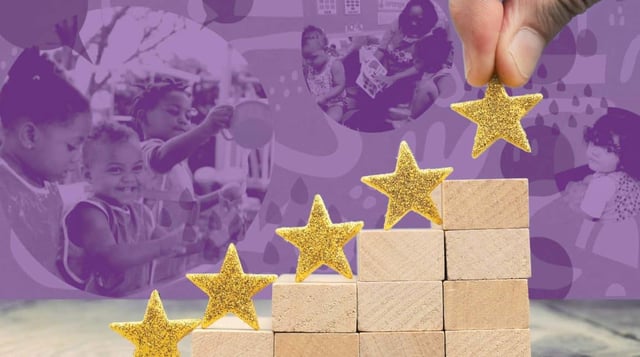
Approximately one in four children experiences very little adult-child interaction, even within classrooms at centers that have achieved the highest QRIS rating possible.
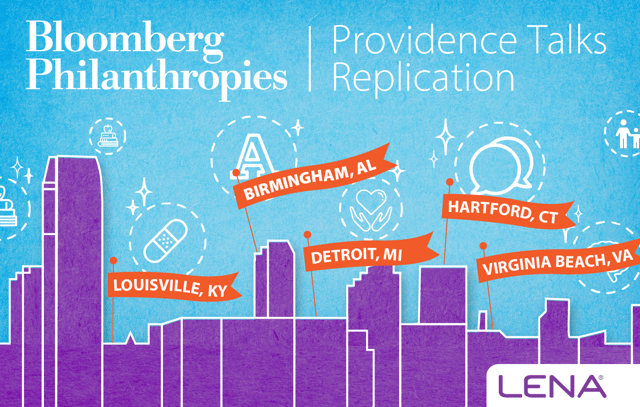
Five cities have been selected to replicate Providence Talks, one of the first early language initiatives implemented at the municipal level, with support from Bloomberg Philanthropies.
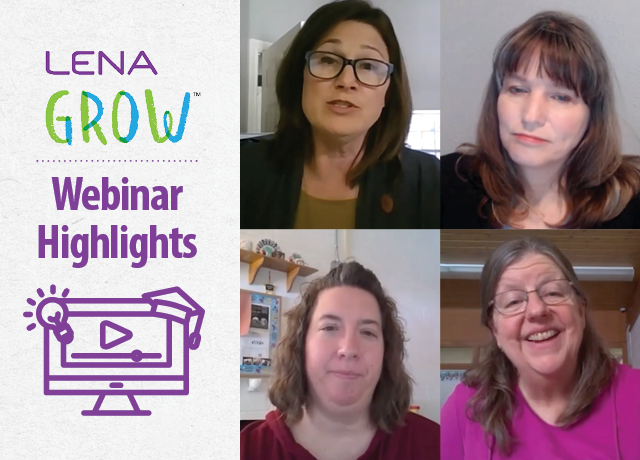
Highlights from a webinar where we hear directly from a teacher, coach, and administrator using LENA Grow.
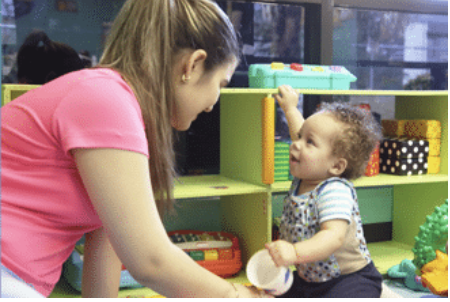
While we’ve long known about the importance of early adult-child interactions, a research focus on children’s language experiences in child care classrooms has been long overdue.
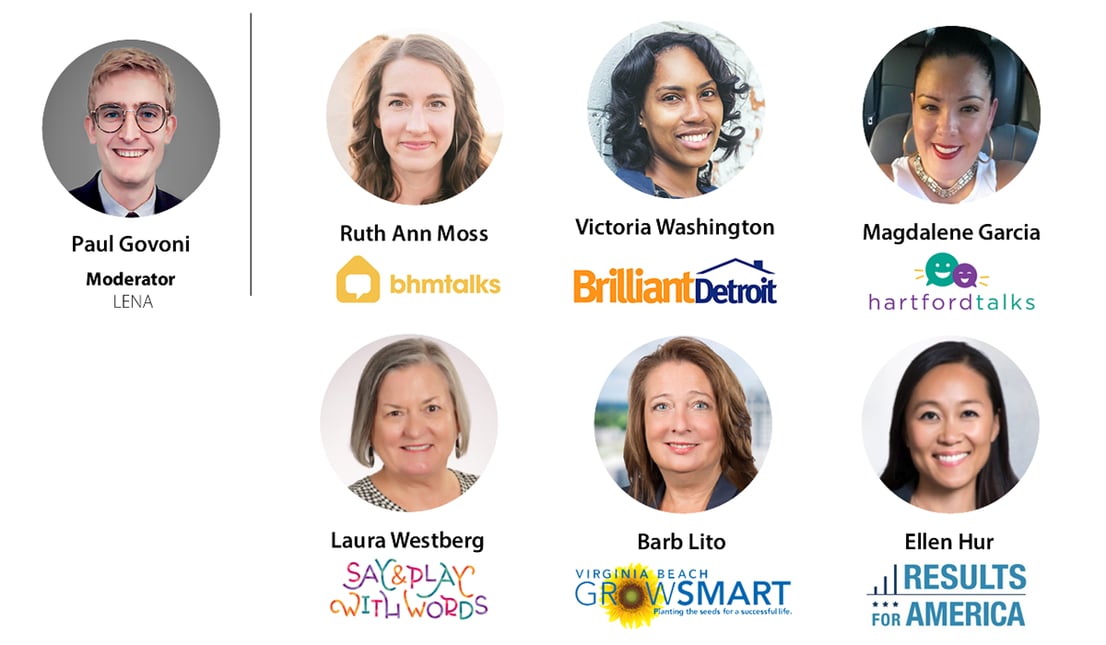
In 2019, five U.S. cities were selected to receive a three-year grant to replicate the widely celebrated Providence Talks early literacy program. As the grant period draws to a close, we’re sharing their stories of what worked.
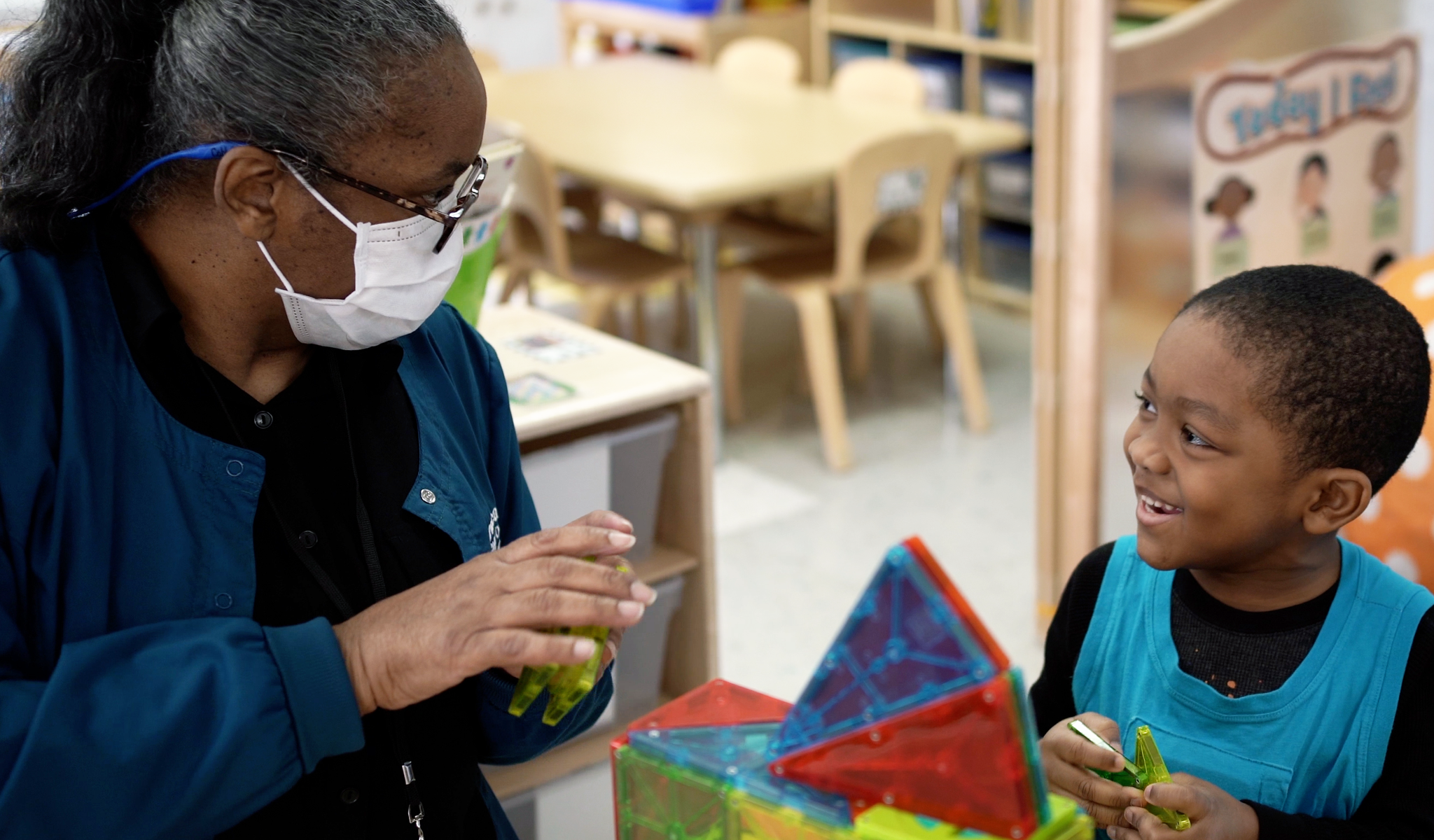
Being an early childhood educator has always been challenging, but it seems to be getting harder. Crashing into yet another COVID wave in 2022, retaining staff and making them feel valued is top of mind. Yet, more often than not, we forget to ask the most important stakeholders of all: the teachers themselves.